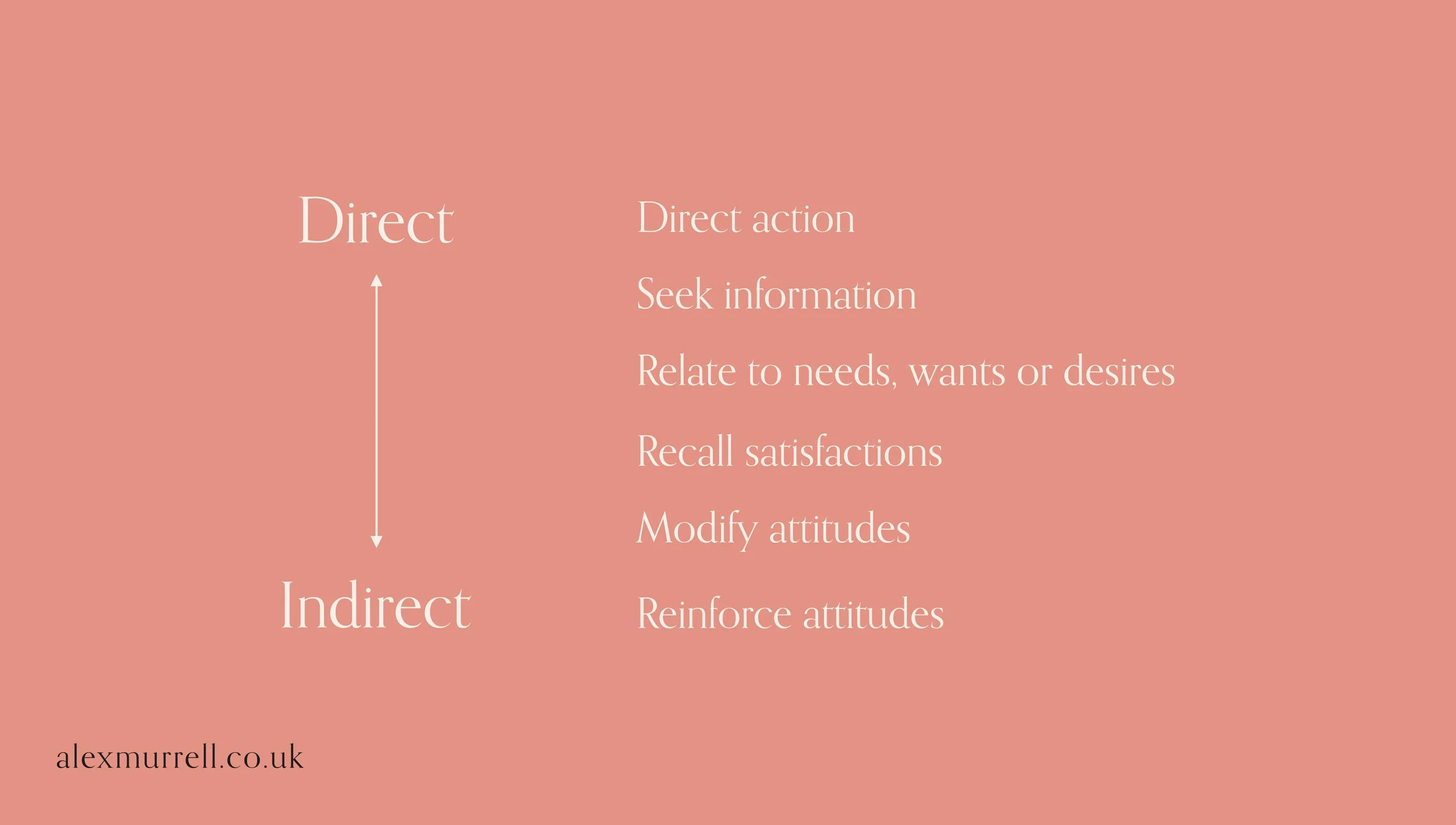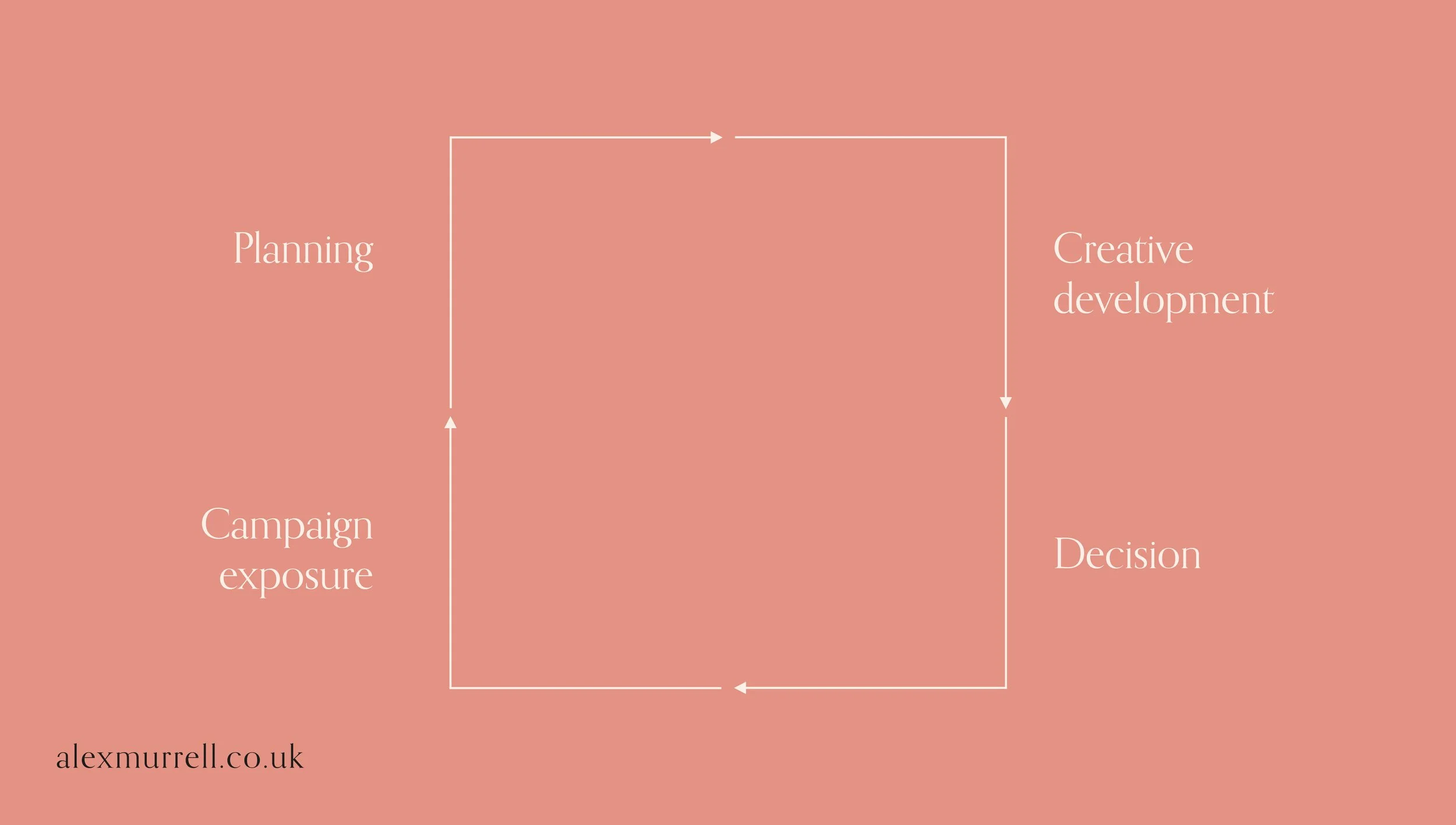Stephen King, A Masterclass in Brand Planning
Stephen King was one of the two founding fathers of the ‘Account Planning’ discipline.
On his retirement from J. Walter Thompson (JWT), the advertising agency published a collection of Stephen King’s papers that were written between 1967-1985.
A Masterclass in Brand Planning is comprised of 20 of these essays.
I’ll summarise five concepts from the book here for those who haven’t read it.
Grand strategists vs. advert tweakers
From the very start there were two rather different approaches to ‘brand planning’. At one extreme there were "grand strategists" who were intellectual, big picture, above the fray and almost economists. And at the other there were "advert tweakers", who focus on ads, focus groups, justify the creative, and are almost qual researchers. Every Planner, and Planning department, can be placed on this continuum.
The planning cycle
The account planning process follows a five stage cycle: Where are we? Why are we here? Where could we be? How could we get there? Are we getting there? The first two stages are King’s diagnosis phase. The third can be thought of as a vision, ambition, or goal-setting phase. The fourth covers the development of a strategic direction and tactical plan. And the fifth brings us back to the start.
Scale of immediacy
There is a view that advertising immediately affects action. But there is also a ‘black box’ view that says advertising works indirectly and often immeasurably. We should think about advertising effects not as being one or the other, but as lying on a scale between the two. Between advertising exposure and consumer action there is an intervening response in the consumer's mind. And these different responses can be plotted at different points on this ‘scale of immediacy’.
The consumer buying system
The Consumer Buying System is the name King used to cover the total process of buying and using a brand. The process covers six stages:
Trigger: Something starts us off, consciously or subconsciously
Consider: We consider the options available
Search: We look for more information
Choose: We decide from among the options
Buy: We make the purchase
Experience: We use the product and enter, or fall out of, the next cycle of buying
Objectives of research
Different sorts of research are needed for different purposes at different stages of the advertising process. During the Planning phase research must provide data to help set the strategy. During the Creative Development phase research must assess rough campaigns and suggest improvements. During the Decision phase research must help clients choose between different campaigns. And during Campaign Exposure research must measure changes in consumer attitudes to help refine the strategy further.
These are just five of the concepts covered in King’s A Masterclass in Brand Planning. I recommend reading the whole book for many more.
Pick up your copy here.




